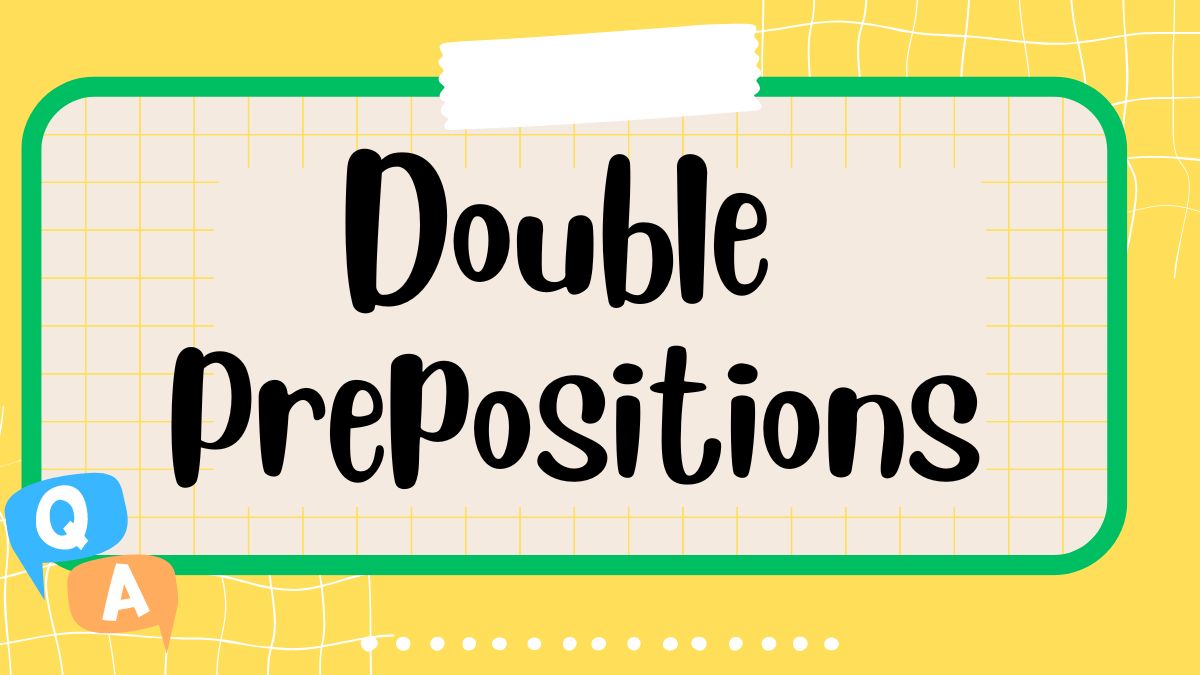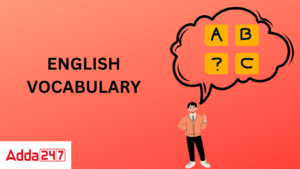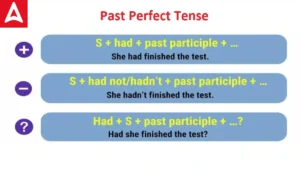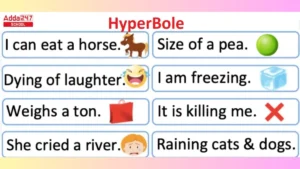Prepositions play an important role in the sentence. There are different types of prepositions in the English Grammar language. One such type of preposition is double preposition. The double preposition seem to be hard to understand at first, but when you try to learn it with patience, it becomes quite easy. In this article, we will learn about the Double Preposition by going through its definition, examples and some practice questions.
Double Prepositions
Double Prepositions combine two prepositions. In relation to the concept, a double preposition is similar to a compound preposition but with one key difference – a compound preposition combines a preposition and a non-preposition word, whereas a double preposition combines two basic prepositions into one word. Some examples of double preposition words include – into, onto, all through, upon, without, inside, out of, from inside, etc.
Two prepositions combined form double prepositions. Regarding concept, a double preposition is similar to a compound preposition with one key difference: a double preposition is a combination of two fundamental prepositions formed into a single word, whereas a compound preposition is a blend of a preposition and a non-preposition.
Double Prepositions Definition
When two prepositions are combined together to form a single preposition, they are called Double Prepositions. The Compound Preposition is also formed by joining two words, but unlike that, Double Prepositions are always formed using two basic prepositions.
The idea of the double preposition involves combining two simple prepositions to create another preposition. An example would be the phrase “out of,” which constitutes a double preposition because both out and of function as prepositions. That is basically the gist of it. One can use the double preposition in the same way as straightforward prepositions; the only difference is that it is constructed in a slightly more complex manner.
Examples of Double Preposition
Some of the most commonly used double preposition in English language are provided hereunder.
- Because of
- According to
- From beneath
- Next to
- Into
- Onto
- Upon
- Up to
- Out Of
- Without
- Within
- Outside of
- From behind
Double Preposition Sentence Usage
Check the examples of double preposition with sentence formation below.
Within
- The treasure is hidden deep within the cave.
- His talent blossomed within the supportive environment of the theatre community.
- They found peace within themselves.
- The solution to the problem is found within the data.
- He felt a sense of belonging within the group.
- The truth remains concealed within the layers of deception.
- She discovered her passion for painting within her teenage years.
- The answer lies somewhere within these pages.
- They found refuge within the walls of the monastery.
- Her keys are lost somewhere within the house.
Upon
- She rested her head softly upon the pillow, drifting off to sleep.
- They stumbled upon the hidden treasure deep within the cave.
- The letter was found tucked away upon the desk in the study.
- The stars twinkled brightly up upon the clear night sky.
- The cat leapt up upon the table to chase a fly.
- She stumbled down upon the slippery slope during the hike.
- The key was hidden away upon the shelf in the old library.
- He placed his hand gently upon her shoulder to offer comfort.
- The painting hung proudly up upon the wall in the gallery.
- The moon cast its silvery light down upon the quiet village.
Into
- She dove headfirst into the pool.
- The explorers ventured deeper into the cave.
- The rabbit burrowed deep into the ground.
- The spacecraft launched smoothly into orbit.
- The detective delved further into the mystery.
- He pushed the bookshelf back into the corner.
- They walked hand in hand into the sunset.
- The plane soared high into the clouds.
- She disappeared into the crowd without a trace.
- The child jumped enthusiastically into the pile of leaves.
Onto
- The sun shone onto the water, creating a dazzling reflection.
- The chef carefully arranged the ingredients onto the pizza dough.
- He threw the ball onto the field.
- The spider crawled onto the ceiling.
- They piled their clothes onto the bed.
- She stepped onto the platform to board the train.
- He climbed onto the roof to fix the antenna.
- The bird flew onto the branch.
- The cat leapt onto the table.
- She placed the vase onto the shelf.
Without
- She left the party without saying goodbye to anyone.
- He drove through the night without stopping for rest.
- They completed the project without needing additional help from the team.
- The child wandered off without permission from their parents.
- The student answered all the questions without referring to their notes.
- She navigated the city without getting lost thanks to the detailed map.
- They explored the forest without encountering any dangerous animals.
- He went to bed without setting an alarm for the morning.
- She managed to finish the marathon without collapsing from exhaustion.
- The team won the game without conceding a single goal to the opponents.
Difference Between Double Prepositions and Compound Prepositions
The Double Preposition should not be confused with the compound Preposition, as they are constructed differently. This occurs because, because in compound prepositions, a Preposition is connected with another word; whereas with the Double Preposition, a preposition is linked with another Preposition. The latter contains a word sandwiched between two prepositions, while the former lacks this middle word.
Again, the Double Preposition generally signifies progress in enhancing English writing ability. The Double Preposition is an idea created by combining two fundamental prepositions. An example is the phrase “out of” which serves as a double preposition as it consists of two basic prepositional words, “out” and “of”. That is essentially the crux of the matter. You employ the double preposition in the same way as you use single prepositions; the key difference is that it is structured in a slightly more complex manner.
How to Form Double Prepositions
Here is a representative explanation of the how to form different types of Prepositions in the English Grammar.
Let P = simple Preposition and W = different word
Double preposition: P + P; compound preposition: W + P; complex preposition: P + W + P. These are used in the exact same way and serve a similar purpose within the context of any given sentence. The primary difference lies in the construction of the prepositional phrase.
To create a double preposition, you can merge two prepositions next to each other in a sentence or blend them to form a new word. Below are several guidelines to remember when constructing a double preposition:
- Select two prepositions that indicate a connected connection. Words such as “on,” “in,” “to,” “for,” “from,” etc. are known as prepositions.
- Combine these words to form a compound preposition, preserving their meanings while creating a different word.
- After creating the new word, use it in sentences correctly to show a particular spatial, temporal, or directional connection between the elements.
Double Prepositions Exercise
Candidates should solve some questions on the double preposition below to make this concept stronger.
Q) Fill in the blanks with the appropriate double prepositions below.
- The hikers climbed ________ the mountain and rested ________ the summit.
- She stepped ________ the car and drove ________ the highway.
- He reached ________ the shelf and grabbed ________ the book.
- The rabbit hopped ________ the garden fence and disappeared ________ the bushes.
- They walked ________ the forest and picnicked ________ the clearing.
- The ball rolled ________ the table and fell ________ the floor.
- She leapt ________ the puddle and splashed ________ the water.
- The squirrel scampered ________ the tree and perched ________ a branch.
- They paddled ________ the lake and camped ________ the shore.
- The train travelled ________ the tunnel and emerged ________ the other side.
| Related Articles | |
| Compound Prepositions | Simple Prepositions |
| Prepositional Phrases | Participial Prepositions |
| Conjunction | Adjective |











 Vocabulary Words with Meaning and Senten...
Vocabulary Words with Meaning and Senten...
 Past Perfect Tense: Definition, Formula,...
Past Perfect Tense: Definition, Formula,...
 Hyperbole- Explanation, Definition, Exam...
Hyperbole- Explanation, Definition, Exam...














